significant
We must ensure that the decisions reached by community-led decision-making processes are taken seriously, honored, and implemented transparently. Community-led decision-making processes should hold real tangible value — not be relegated to trivial and theoretical exercises. They should have power over significant budgets or policies. True participatory democracy requires that committees or councils are not just “surveys” to gauge attitudes and views – followed by a business as usual process where people already in power go behind closed doors to make the final decision. In order to be transformational, community-led decision-making processes must have teeth and transparency — from beginning to end, including implementation.
